In today’s episode, we talk about core vocabulary. We address what it is and discuss some tips for choosing core vocabulary words for your students or clients. Don’t forget to click below for your FREE core word list!
Links & Resources
FREE Core Word Vocabulary List Handout
Episode 17 – All About Preference Assessments
Full Transcript of Podcast: How to Select Core Vocabulary Words
Episode 32 - How to Select Core Vocabulary Words
You're listening to the Speech Space Podcast, a podcast full of tips and resources for SLPs. I'm your host, Jessica Cassity, and this is Episode 32.
Hey everyone! Thank you so much for joining me today to talk about core vocabulary. Before we get started, I wanted to take a brief moment to let you know that this podcast is brought to you by The Digital SLP membership site, which is a site that features no-print and low-prep resources for SLPs in addition to a growing library of videos that help to summarize evidence and provide you with information to help make your job as an SLP easier. To learn more about The Digital SLP membership, please head on over to thethedigitalslp.com/digitalslp.
All right, so let's go ahead and talk about core vocabulary. I know that many SLPs feel really comfortable when it comes to choosing core vocabulary, but not all SLPs do feel that level of comfort. And that's why we're going to be looking at how to select core vocabulary words. Now, I have to say, when I switch from working with adults to working with children, I remembered being a little intimidated when it came to selecting core vocabulary. I wasn't really sure exactly what to include or where to start. Now, of course, each child you work with is going to have different needs, so every case is going to be individualized, but we're gonna go over some guiding principles and resources to get you started. So just to give you a basic idea about the vocabulary of your average student, in say, kindergarten or first grade, they're generally going to have about five to 6,000 words. And by the time you're an adult, you'll have about 20,000 words in your active speaking vocabulary. So approximately 80% of what we say is made up of our core vocabulary, and about 20% of what we say is made up of what we call fringe vocabulary. So in case you're new to the world of AAC and core vocabulary, I want to briefly review what core and fringe vocabulary actually is. So core vocabulary words are words that are high-frequency and use across context. And like I mentioned before, they make up about 80% of our everyday communication. And now fringe vocabulary refers to vocabulary that is more specific to a topic, environment, or individual. And these words are low-frequency, and they make up about 20% of our everyday communication.
So here are some tips that I have for you when selecting core words for your students or clients. So the first tip I have is to focus on function. Now choose words where you're going to get the most bang for your buck. So back in the day, communication boards used to be filled with nouns, but we know better than that now. So what you really wanna do is go for meaningful and high-frequency action words.
Tip number two is don't forget about cultivating meaningful interactions involving social interactions and closeness, because this is just as important as using action words. You know, most of us communicate with other people to connect, and our students aren't an exception to that rule here. So you wanna make sure that you keep this in mind when selecting your core vocabulary words. Think beyond just those words that will help our students to communicate basic wants and needs. Of course, those things are very important, but you also wanna think about words that would facilitate meaningful interactions as well.
Tip number three is to refer to lists of frequently occurring words. So there's many of these lists out there. If you Google something like high-frequency word list, you'll come up with several resources. These lists are great starting point for choosing high-frequency words to ensure that your student's communication board or device gives them the greatest opportunity to communicate. I also have created a free handout with some high-frequency words that I will give you the link to at the end of the show.
And my last tip, tip number four here, is always remember there's an exception to the rule. So you might have a student that you think is not motivated to communicate. And generally that isn't the case, but what's more likely is that you haven't really discovered what makes them tick yet. So, for this type of student, I would recommend thinking outside of the box, and you might actually include some motivating fringe vocabulary instead of your traditional core words. So, if you're not sure what motivates your student, I would strongly consider checking back to Episode 17 of the podcast, which was all about preference assessments.
So, like I mentioned a minute ago, if you're looking for a nice list of high-frequency core words, I have created one that you could download at bit.ly/corevocabulary. Just make sure that once you go to that page that you scroll all the way down to the links and resources section and the link will be right there waiting for you. I also wanted to let you guys know that I have decided to reduce the frequency of the podcast to twice a month instead of weekly. You know, I'm sad about this, but I think that is the right decision for me to make right now. The switch might be temporary, although it might also be permanent. I honestly have not decided yet, but I did wanna give you guys a heads-up in case you were looking for the next podcast then it wasn't there. So I'm not going away, but the podcast just won't be weekly any longer, at least for the foreseeable future. So I hope that you guys enjoyed listening to this episode today, and I hope that you found some of the tips to be helpful. If you did find this episode to be helpful, if you wouldn't mind taking a quick second to give a five-star review on iTunes, it will help your fellow SLPs find the show. All right, that's it for me for today. I'll talk to you guys later.

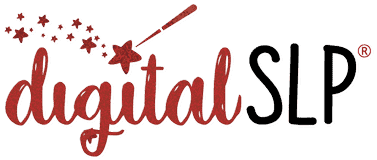
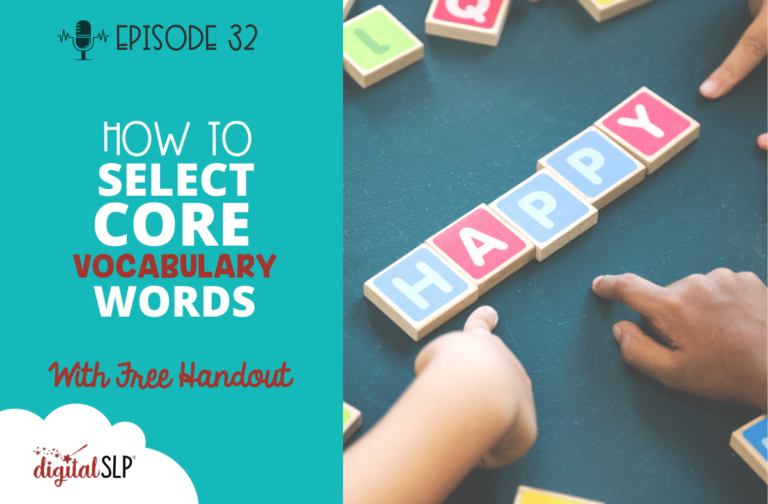
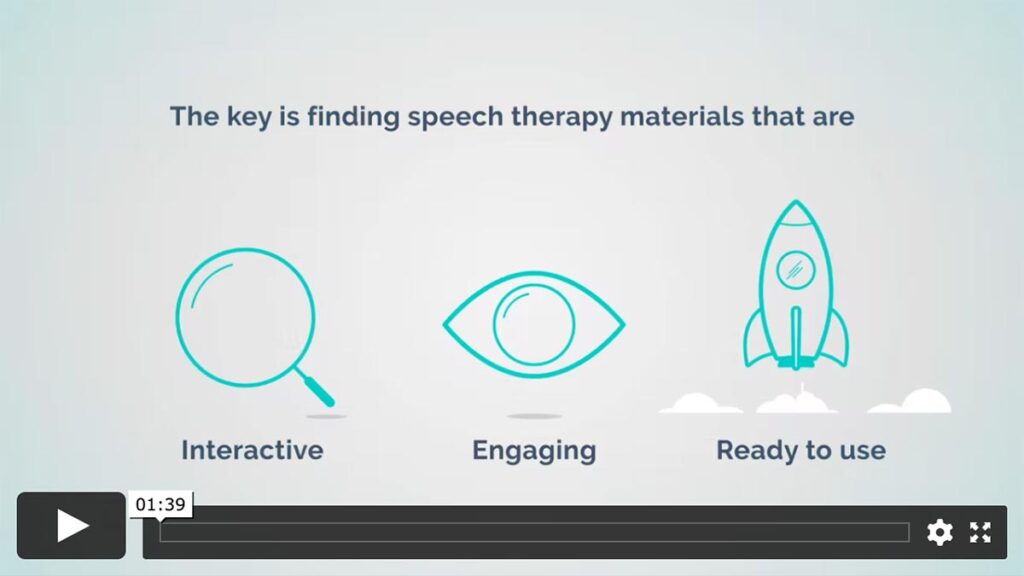
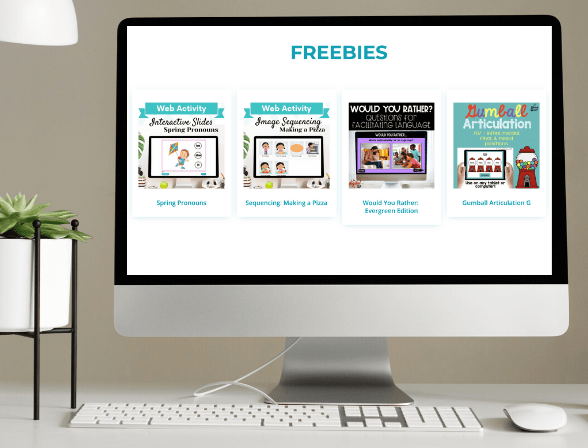

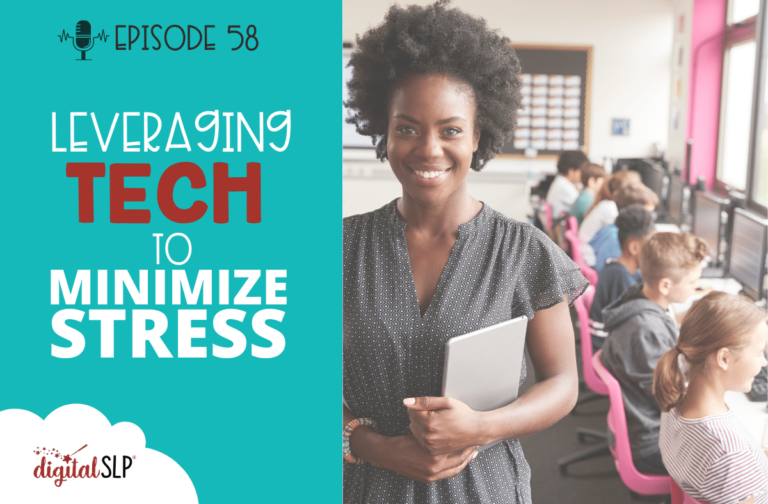
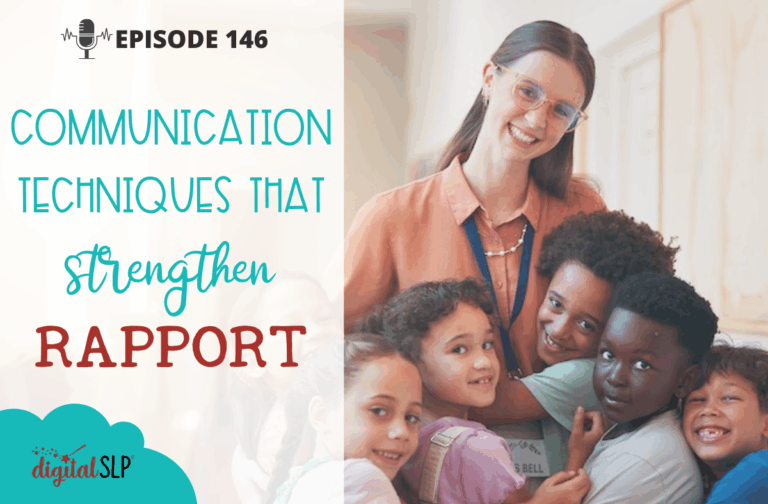
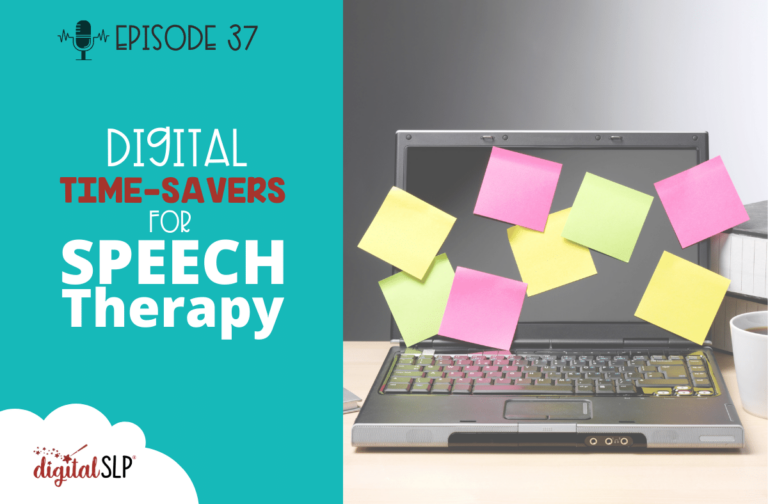
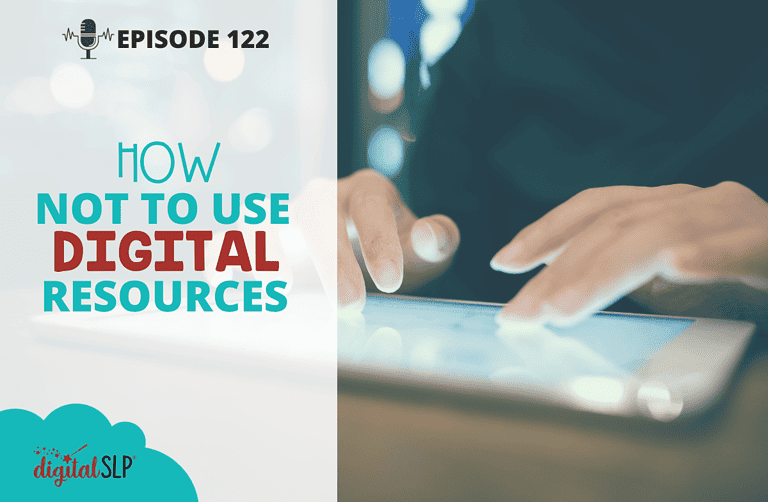
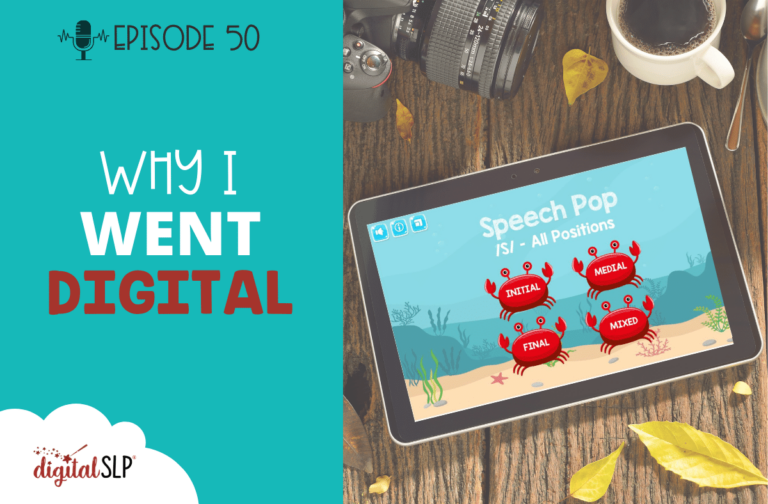
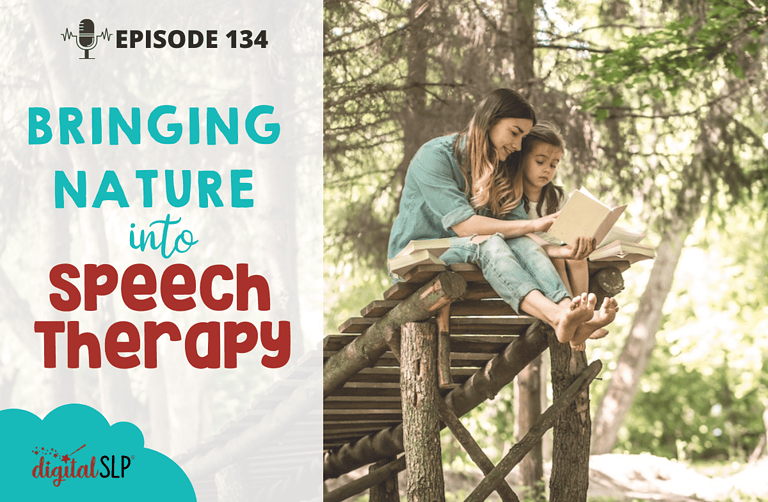
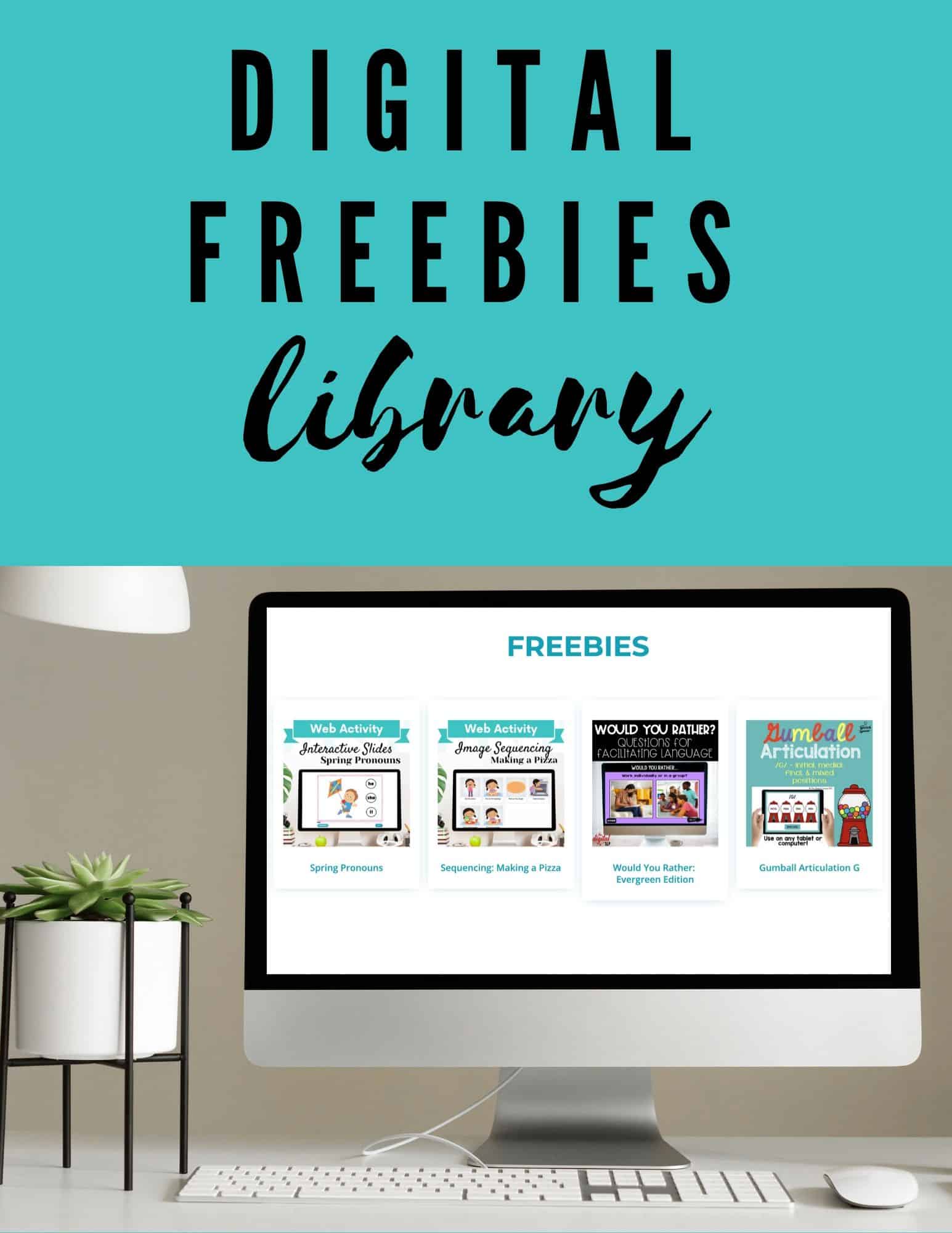
Recent Comments